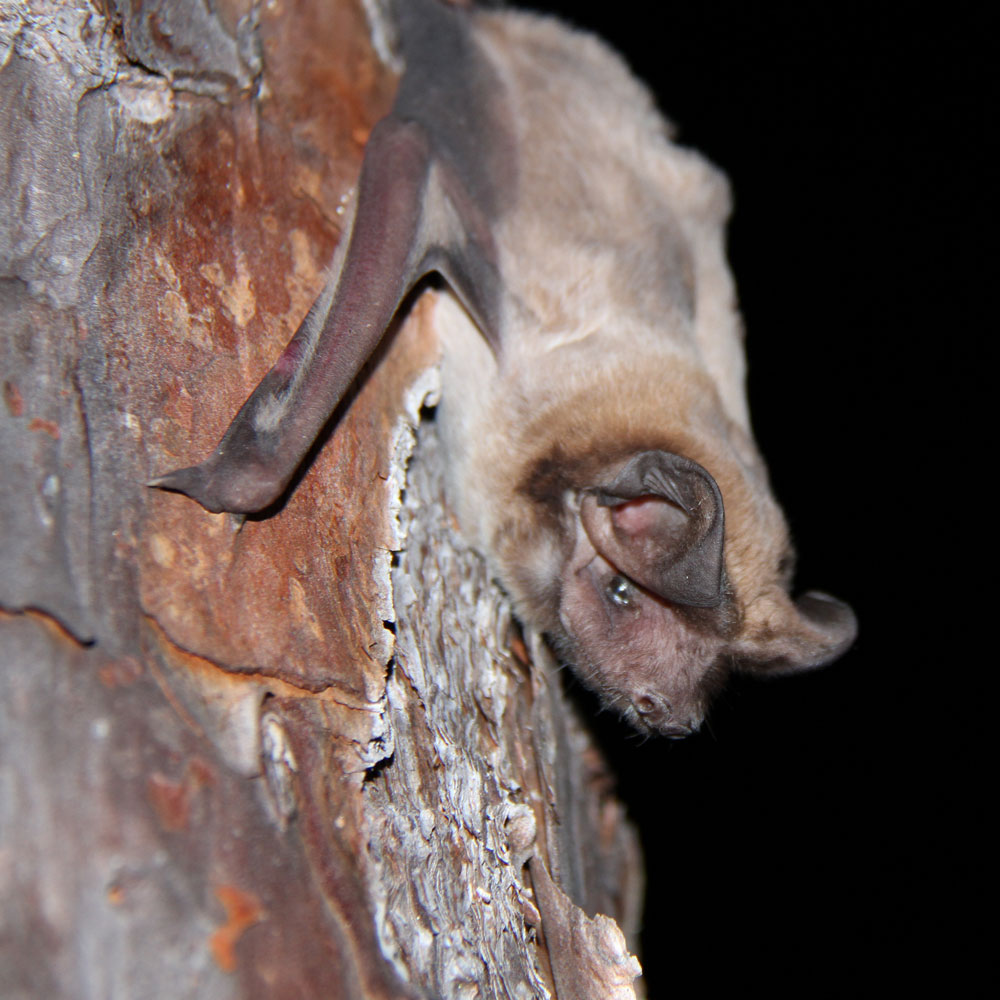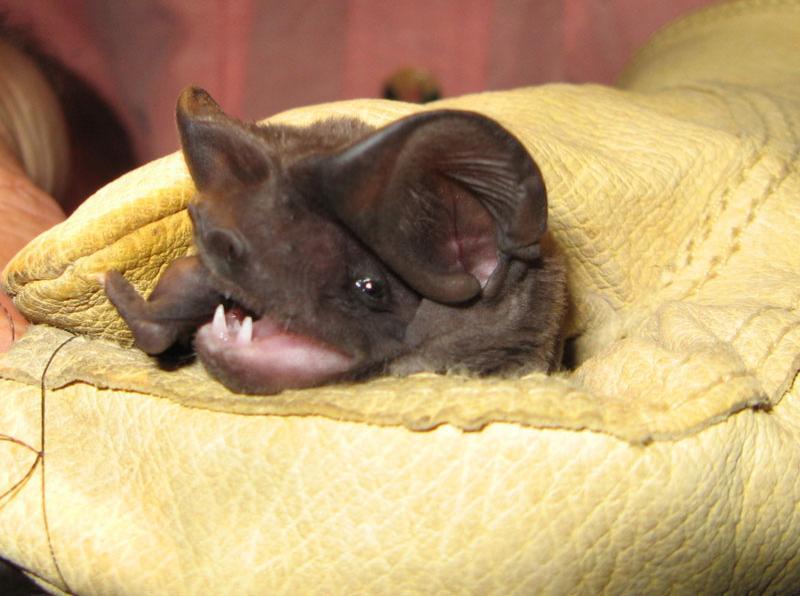
If you think you’d prefer a world without bats, here are five reasons to reconsider. University of Florida researcher Holly Ober studies the Florida bonneted bat, one of the world’s rarest species and the largest bat east of the Mississippi River. She explains why having plenty of bats around should make us grateful, not fearful.
As the primary predators of nighttime insects, bats cut down on the bugs that bite us after dark. Their contribution to cutting down on pests also benefits agriculture: One study placed their value to North American farms around $23 billion a year. “The world would be a very different place without bats controlling the insect population,” Ober says.
If you like tequila — or mangoes, or bananas — thank a bat for providing it: These and more than 300 other plants depend on bats for pollination.
One of the reasons it’s so important to preserve species like the Florida bonneted bat is the clues that bats might hold to solving human problems. “Bats have made real contributions to the medical community, from their system for seeing in the dark to the enzymes in their saliva, which helped us understand how to prevent blood clotting during heart surgery. If we lose a species without learning about it, we lose out on biomedical research that could benefit us.”
Just three of the world’s 1,200 bat species feed on blood, and none of those species is found in the United States, “so you don't have to worry about a bat coming to bite your neck while you’re sleeping.” In fact, one in every four mammals is a bat, so you’re probably around them more than you think. “I think people should feel really happy to have them nearby,” says Ober.

When she’s working in the field in South Florida, Ober gets up close and personal with Florida bonneted bats, listening to their calls and tagging them with microchips to monitor their population. Her verdict: “They’re incredibly cute.” But if those giant ears and pointy fangs aren’t your idea of adorable, check out this Australian bat chowing down on a banana. That said, don’t be tempted to touch a bat you find in the wild. (If it’s on the ground, it’s likely sick or injured, so call a local wildlife rescue or animal control agency.) If you’re interested in helping bats in your area, consider building or buying a backyard bat house, Ober says. Bats will have a comfy home, and you’ll have fewer bugs.